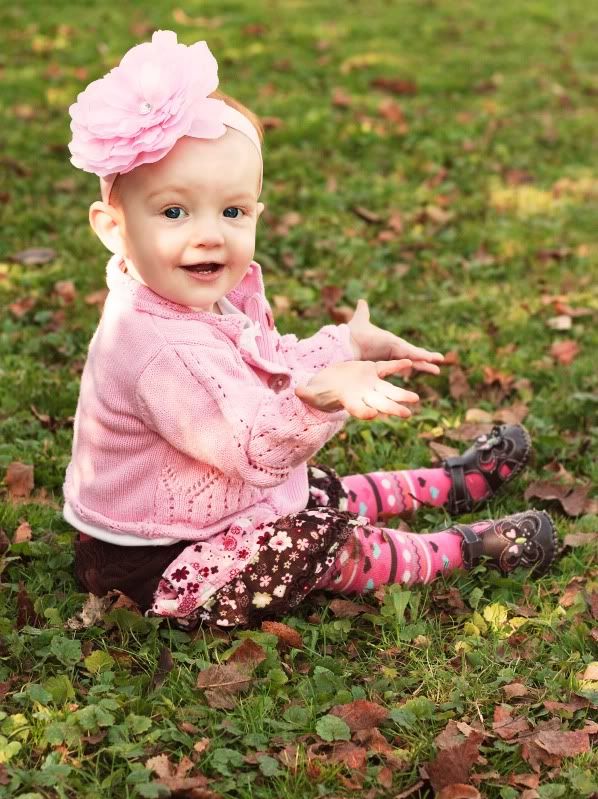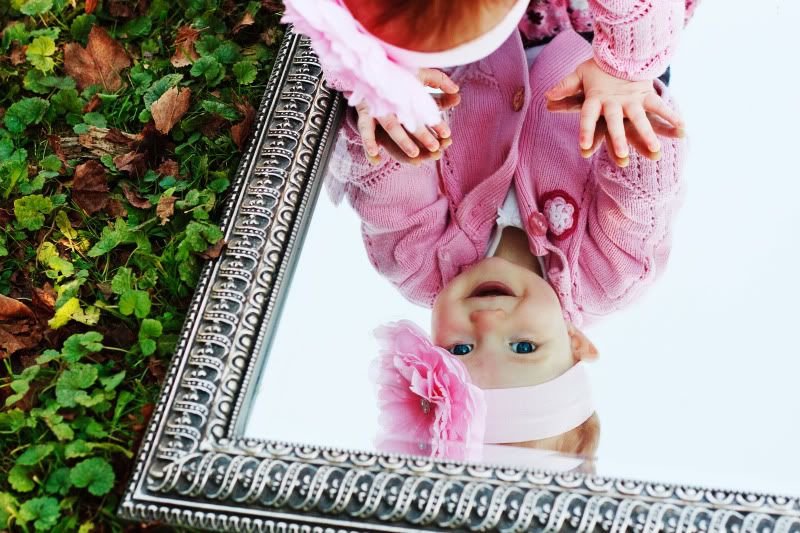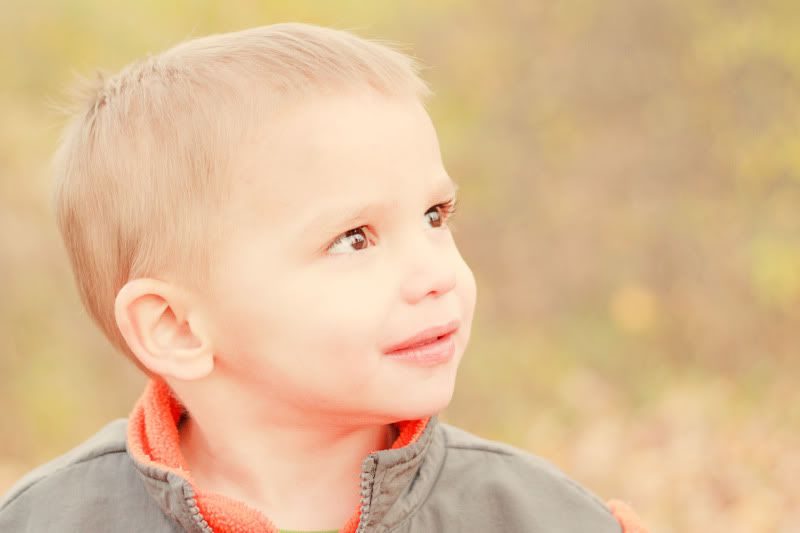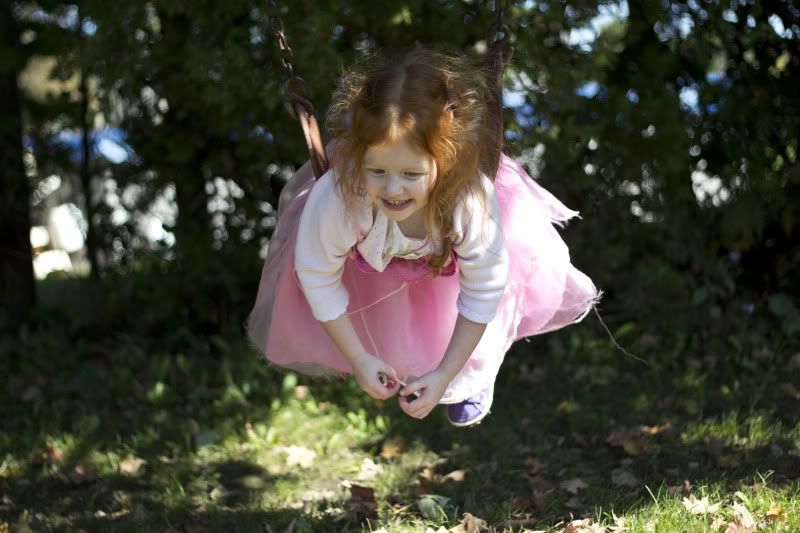
You know that cliche saying "Life is about the journey, not the destination"? Well... it majorly applies to photography. As much as I would like to read a few books, try a few things and instantly be great.... it's not happening. But... I am still really enjoying myself. And am pretty sure I'm going to be enjoying photography for the rest of my life. So hopefully, somewhere along the way, my photos will improve. It's bound to happen, right?
Right?
Anyway, there are a thousand ways to skin a cat (as if you'd ever want to). But here are some resources and tips that I have found useful.
The basics of exposure, focus and composition is pretty much what it's all about.
This book was very highly recommended to me and helped me understand the basics, and inspired me to try some techniques he describes. Keep it away from your husband's eyes though because the author included photos of his wife and she's got a great figure. At least in the 2004 version. Maybe the 2010, one she's let herself go.☺ The above book is older version from 2004 which my library had. The one below is the most recent.
This post about the basics of exposing in manual mode from Click it Up a Notch helped me as well. Check out all the posts on her 'best of" tab. She also has a few videos with helpful instructions on setting focal points on individual camera brands.

The Pioneer Woman also has a series about exposure that may make the concept more clear. I also was helped by several posts made by contributor "Miz Booshay". This one in particular was very influential in my choice of camera and lense.
 |
| Handsome Man |
Obviously, whatever camera you have, you've got to learn how to use it. Study your camera and it's manual until you can operate your camera without needing to think about it. (Which I'm not quite there yet.)
 |
| Cute nephew with big brown eyes |
And another obvious point... practice. I happen to have 3 adorable practice subjects. BUT....
It's really helpful to practice on non-children. When you're trying to concentrate on so many things all at once, and you finally get everything how you want and you're ready to snap the picture.... the toddler waddles away. Or the 3 yr. old decided looking at you is just too much to ask. Now, Maddie thankfully, is a willing (usually) and calm volunteer. But children are not the easiest subjects to photograph and can be down right frustrating. So practice on adults when you can. Or salt and pepper shakers. Or lamps. ☺
 |
| Kids and other moving objects need faster shutter speeds |
Shooting in RAW is generally the way to go according to.... everyone. ☺ When you have the RAW format, you can improve your photo so much in ways that otherwise just is not possible. If a photo is too dark, or too cold due to indoor lighting, a quick slide of a lever can make it all better. The reason I bring up RAW at all is to give you a head's up on a couple frustrating problems I ran into while transitioning from jpeg to RAW:
1. You need the resolution on your screen high to open RAW photos. It's simple fix of just right clicking on your desktop and increasing the resolution but it tooks me HOURS to figure that little thing out.
2. You may need to convert your RAW files from your camera to dng to be able to open them. This was so frustrating. I sat at my computer trying to figure this out and was ready to throw my whole desktop to the curb. I just want to take photos, not be a computer nerd!! Because my version of Photoshop Elements is a few years old and my camera is brand new, the two don't know how to play nice together. So I have to convert to dng format and then open with PE8. And extra step. But now that it's figured out, I can deal with it. Here is an article to help understand that issue.
 |
| Seth & Leila |
 |
| Newborn Nephew |
Speaking of printing, professional printers really do a much better job. I didn't want to accpet this. I wanted to be loyal to good ol' WalMart. But after printing the exact same photo at WalMart and at a local pro lab, it was painfully obvious that WalMart couldn't hold a candle. Of course, I'm not planning to print every single photo, or those that I do, sometimes WalMart quality is fine. But when it does matter... got to shell out a little more cash for quality.

My last bit of advice to is find a group of photographers who will critique your photos. All your non-photographer friends will love and compliment every shot you take. But other photographers will notice the technical aspects, be they failures or successes. It's hard to honestly evaluate your own work. And though hearing all the flaws on a image to which you are emotinally attached can be disheartening, it's really helpful in improving. Online forums can be a great source of information and tutorials as well.
And though it may not affect your photos, you sure will look cute wearing an adorable strap cover like this one! So wanting one like this!
So that is about it. Right now, I'm trying to work on light. I've noticed my photos tend to have harsh light (big shadows over the eyes, skin too bright), or not enough contrast (just dull, flat light). I'm looking for tips for placing myself and my subject properly in relation to the light source (which for me is the sun, since as I already said- I ain't spending no mo' money!)
If anyone has any tips about anything regarding photogrpahy, I, and I think others, would looooove to hear 'em!
Love,







